 The Better Angels of Our Nature, Steven Pinker
The Better Angels of Our Nature, Steven Pinker
I better admit up front that I don’t have any intuitive or educated grasp on statistics, and without actually sitting down with the data sets, I haven’t the least idea of whether they’re appropriately chosen, correctly delineated, etc, etc. I do note, though, that Steven Pinker is a respected academic, Penguin are a respected publisher, and I was directed to reading this by another academic. Where he talks about history, he seems to be broadly correct, and his explanation of his graphs and statistics makes sense to me.
Some aspects gave me serious pause, though, equally. The fact that somehow he manages to endorse all his own views and the views of contemporary Western society as the civilising effect, for example. The fact that he dismisses the issues of hate crimes as decreasing, without much examination. (For example, could the fact that trans* people can now pass much better, due to improved medical procedures for transition, be part of the reduction in transphobic violence?) Colonialism gets a pass because it reduced violence, without looking at the economic problems it can cause, etc, etc. I think sometimes Pinker dismisses serious areas of violence based on fairly spurious data like police reports.
I’m not sure if this is a kneejerk feeling in myself — “colonialism can’t be an unalloyed good!” — or whether it’s an actual issue in the data. The problem with reading pop psychology is that you just have to take the author’s word for it, at times. I did laugh at his overly optimistic depiction of the fall of homophobia, though. Apparently queer people no longer have anything to fear, and there’s no difficulty in coming out! Um. I need to have a word with you, Mr Pinker.
The overall thesis that violence is declining, I’m inclined to accept, on balance. When people immediately cry, “look at the events in Paris recently!”, Pinker would have an answer for them about the origin of that violence (it might’ve taken place in Western Europe, but where does the motivating ideology stem from?), and when people say that crime is clearly on the rise based on reportage, that’s definitely an example of the availability heuristic at work. Also, he is talking specifically about violence, not about crime in general — which surely means that non-violent thefts, white collar crime, etc, are not included in his dataset.
While I’m not ultimately sure how much to believe this, I enjoyed Pinker’s discussion of the issues, his potential explanations of the data, and his deconstruction of the violent bases of things like the Bible and the code of chivalry. It’s a heck of a tome, but fascinating, even if you disagree. There’s a lot of criticism out there, but again, because it’s not my field I’d be taking that as much on faith as I have to take this book, so I’m not heading down that rabbit hole.
Rating: 3/5
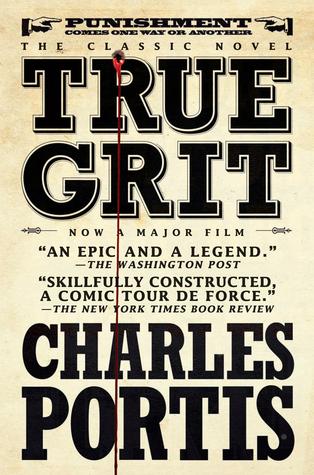 True Grit, Charles Portis
True Grit, Charles Portis
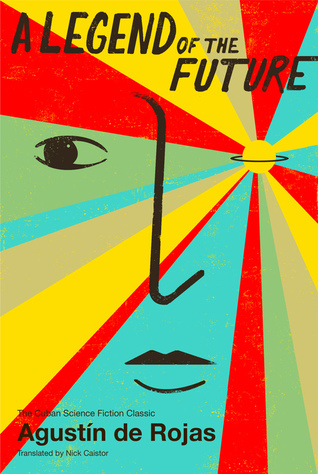 A Legend of the Future, Agustín de Rojas
A Legend of the Future, Agustín de Rojas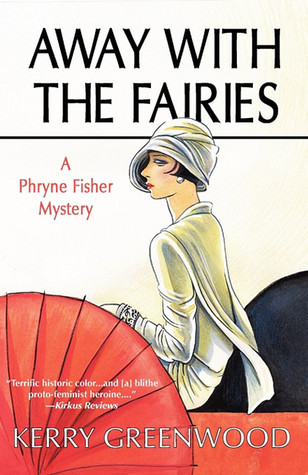 Away with the Fairies, Kerry Greenwood
Away with the Fairies, Kerry Greenwood The Color Purple, Alice Walker
The Color Purple, Alice Walker The Better Angels of Our Nature, Steven Pinker
The Better Angels of Our Nature, Steven Pinker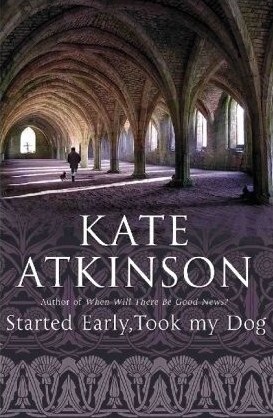 Started Early, Took My Dog, Kate Atkinson
Started Early, Took My Dog, Kate Atkinson Zoomigurumi, Amigurumipatterns.net
Zoomigurumi, Amigurumipatterns.net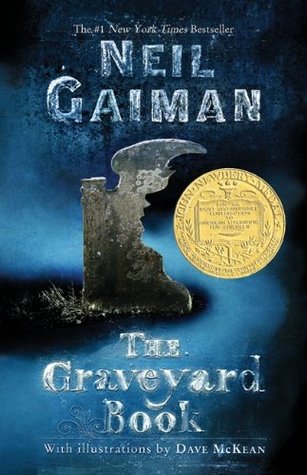
 Code Name Verity, Elizabeth Wein
Code Name Verity, Elizabeth Wein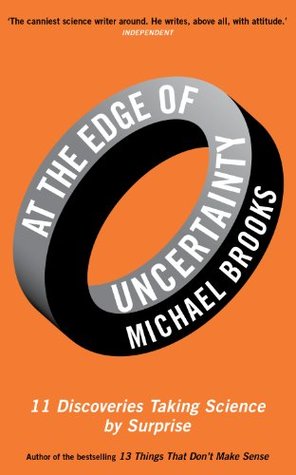 At the Edge of Uncertainty, Michael Brooks
At the Edge of Uncertainty, Michael Brooks